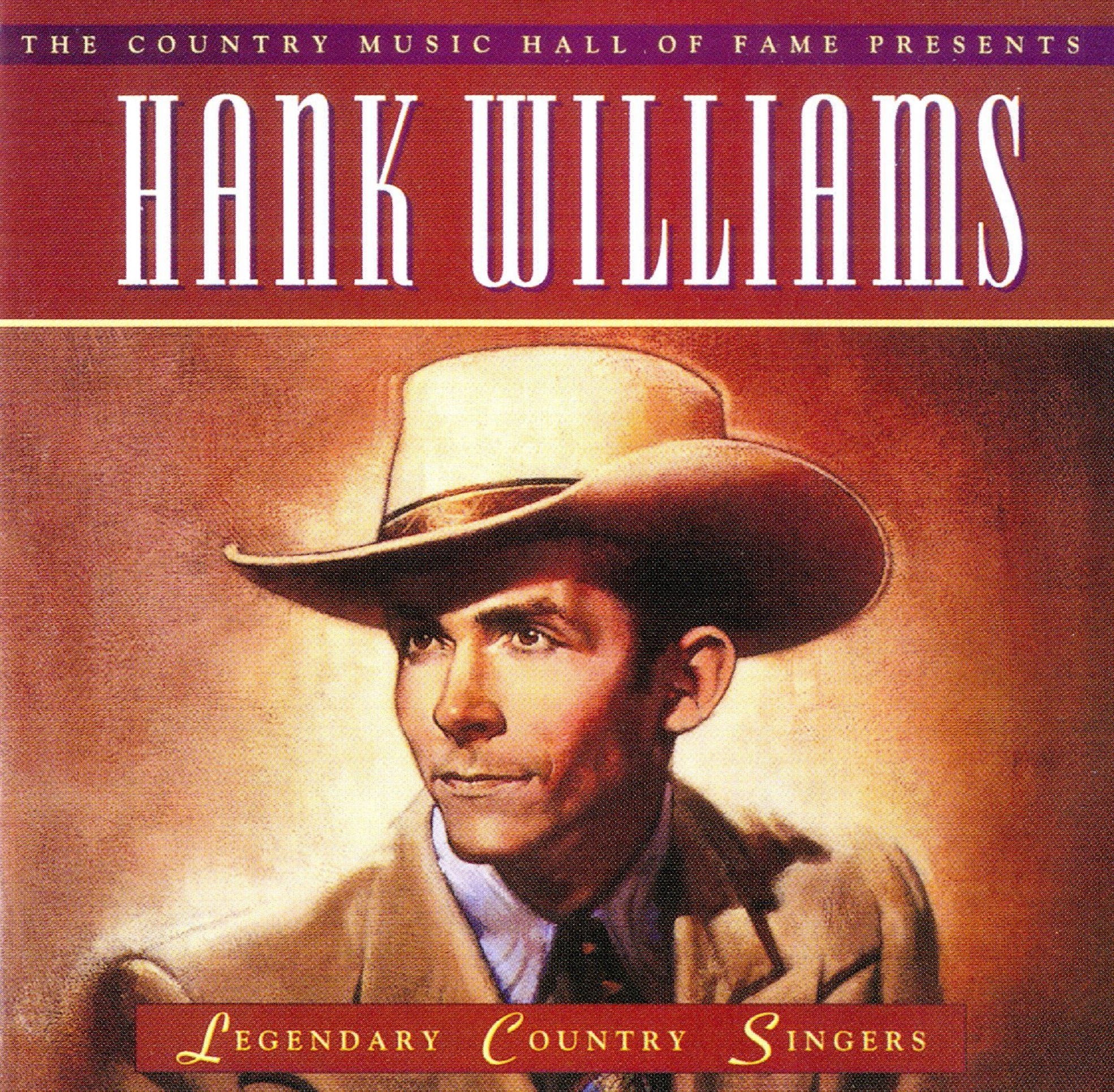On this somber September day, we turn our thoughts to the legend who cast a long shadow upon the fields of country music—Hank Williams, born on this day in 1923. Like a melancholic refrain echoing through the cold, misty hollows of the South, Hank’s music lingers in the hearts of all who hear it, leaving an indelible mark on the soul. His voice, at once sorrowful and sweet, beckoned like a ghostly whisper from the midnight winds, stirring a deep longing in the human spirit.
Hank's best-known songs are like chapters in an unfinished tale, each one laden with the weight of heartache, longing, and a world only half-understood. Among them stands "Your Cheatin' Heart," a song that bleeds betrayal. Its plaintive melody and weary lyrics encapsulate the desolation of a love turned cold, a true country anthem that resonates with the brokenhearted. "I’m So Lonesome I Could Cry" is an even deeper lament, its stark, haunting poetry painting a portrait of isolation so profound that it feels like Hank himself was standing at the crossroads of despair.
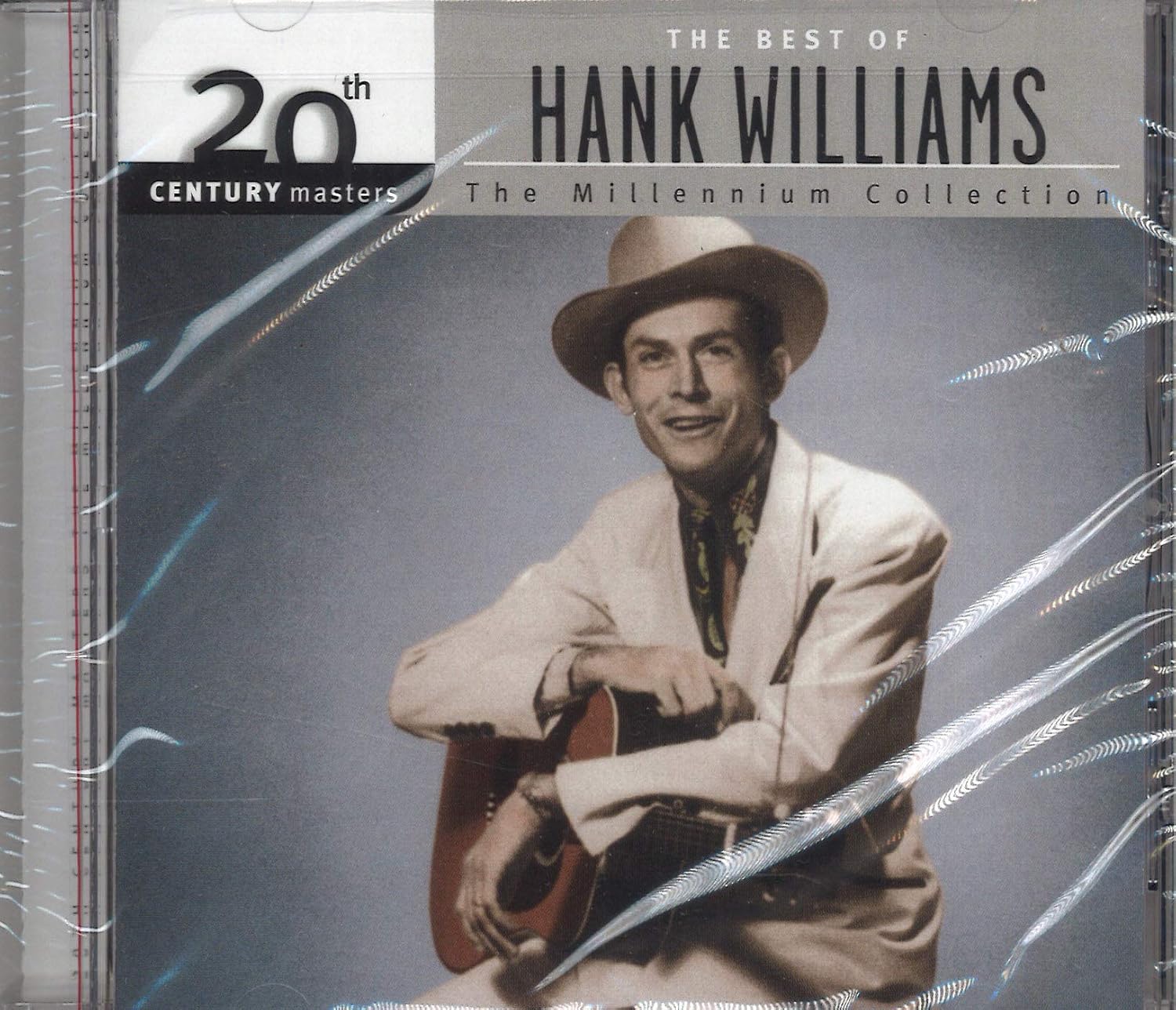
In "Cold, Cold Heart," Hank merges simplicity with gut-wrenching emotional complexity, rendering the listener powerless before its mournful waltz. The Grateful Dead, known for their eclectic tastes, performed You Win Again 25 times—a tip of the hat to Hank’s mastery in blending sorrow with melody, a blend that always seems to hang on the precipice of redemption but never quite reaches it.
Then there’s "Hey, Good Lookin'," a song bursting with playful charm, a stark contrast to his usual melancholy but no less iconic. It’s a tune that lightens the heart yet leaves one longing for the kind of carefree joy it promises but never truly delivers.
One cannot speak of Hank Williams without mentioning "Jambalaya (On the Bayou)," where his Southern roots are on full display. The Cajun flavor, the joyous accordion, and the lively tempo lift the spirits, transporting the listener to a rustic celebration along the muddy waters of the bayou.
In "Kaw-Liga," Hank tells the tale of a wooden Indian statue, a metaphor for unrequited love. The humor in the story, paired with the song’s unforgettable rhythm, demonstrates Hank’s ability to merge narrative with melody in ways that would influence generations to come.
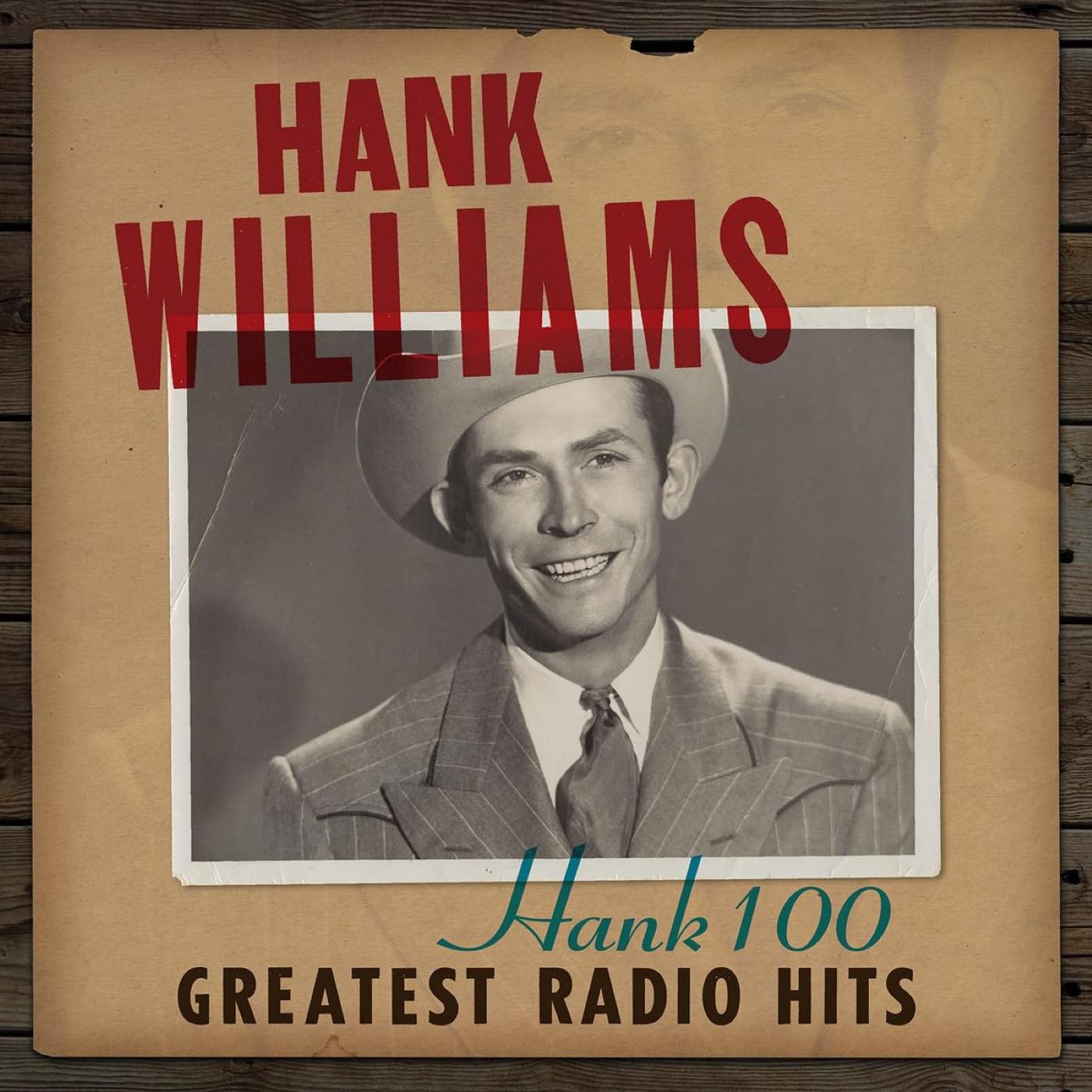
His "Lovesick Blues" is a declaration of love's torments, sung with such fervor that it feels like Hank is exorcising his personal demons. It became one of his biggest hits, transforming him from a struggling musician to a household name and cementing his place in country music's storied history. The laughter behind the pain in "Move It on Over" plays out in rollicking form, with Hank's storytelling setting the stage for future rockabilly and honky-tonk heroes.
"Long Gone Lonesome Blues" is a desolate cry, soaked in the kind of sadness that only a man who has truly lived through life's harshest trials could sing. "Take These Chains from My Heart," though simple in its structure, reveals the complexity of human emotion and Hank's genius in distilling that into song. "Honky Tonkin'," on the other hand, is a raucous declaration of freedom, drinking, and dancing, capturing the duality of Hank’s life—caught between the church pews and the neon lights.
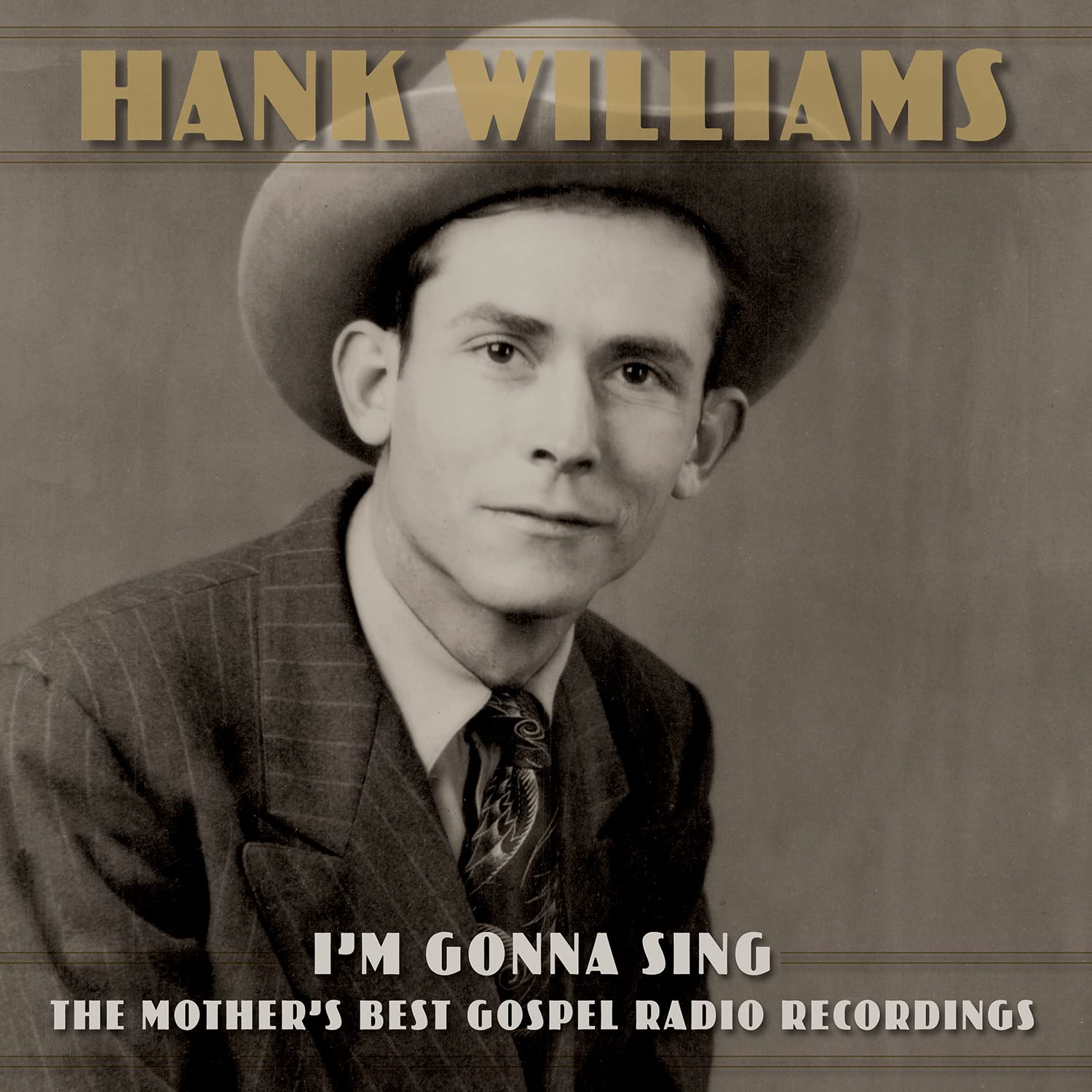
Songs like "I Saw the Light" bring us into his spiritual struggle, where redemption seems just within reach, but somehow elusive. "Mind Your Own Business" is Hank’s more rebellious side showing through, a defiant anthem against nosy neighbors and unsolicited advice. And of course, "Lost Highway," a song so profoundly connected to Hank’s own turbulent life, stands as a warning to all those teetering on the edge.
Artists across genres have flocked to his catalogue, paying homage through their own renditions. Johnny Cash, Elvis Presley, Bob Dylan—all sang his songs, each putting their own spin on Hank’s timeless storytelling. Even in the world of rock and Americana, Hank's influence echoed. The Grateful Dead, always keen to experiment, wove Hank’s songs into their live shows, including the aforementioned You Win Again, bringing his honky-tonk despair to a new generation of listeners.
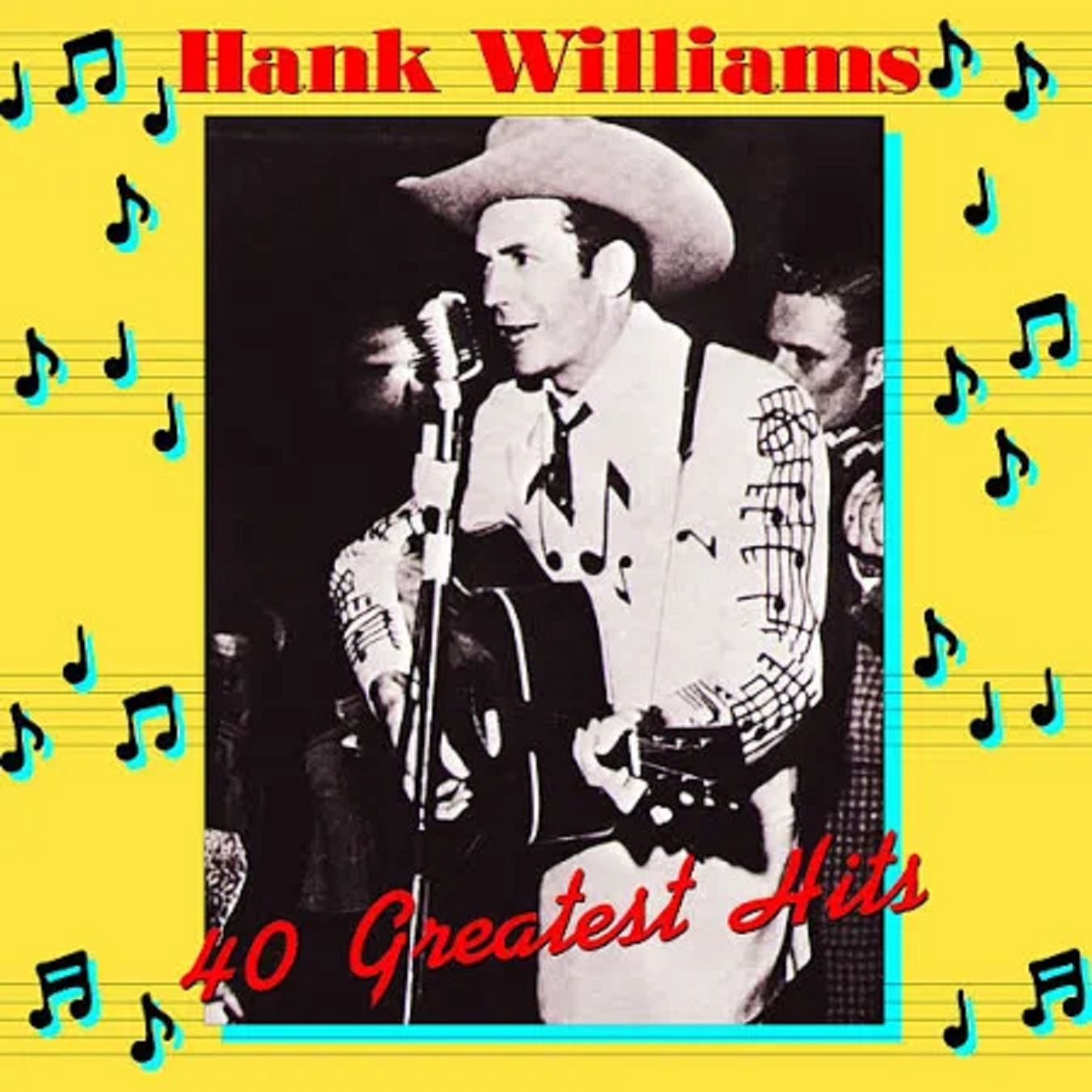
Hank’s influence on country, bluegrass, and Americana is not to be underestimated. His simple chord progressions and deeply emotional lyrics laid the foundation for modern country music, yet his reach extends far beyond that. His songs speak to the human condition—loss, love, regret, and the hope for salvation—universal themes that transcend genre. Bluegrass artists like Bill Monroe and the Stanley Brothers took note of his raw, honest approach to songwriting, folding elements of Hank’s sound into their own musical landscapes.
The tale of Hank Williams is a tragic one, a life cut short at the age of 29, his last breath taken on New Year’s Day, 1953, in the back seat of a Cadillac. Yet in his brief time on Earth, he left behind a legacy as rich as the Southern soil from which he sprang, a catalog of music that continues to inspire and haunt us.
As we remember Hank today, we must acknowledge the shadows he left in his wake, the long, winding road of sorrow and joy that marks his contribution to the world of music. His songs, much like life itself, are filled with contradictions—hope and despair, love and betrayal, redemption and damnation. So we listen, and we learn, for Hank Williams was not just a singer but a poet of the human soul, capturing the ineffable truths of our existence.





